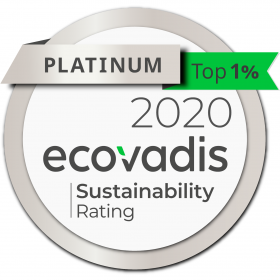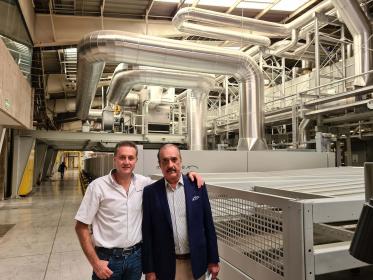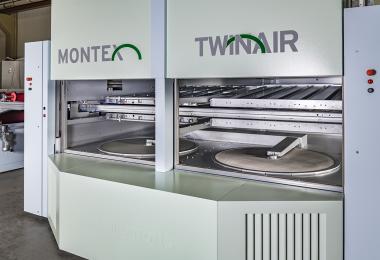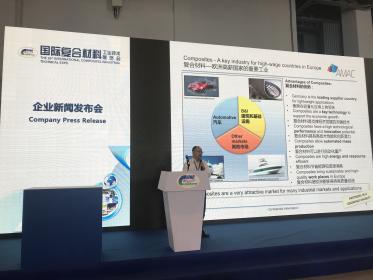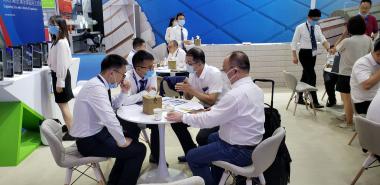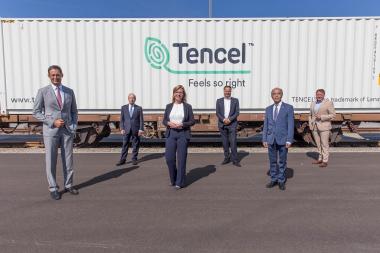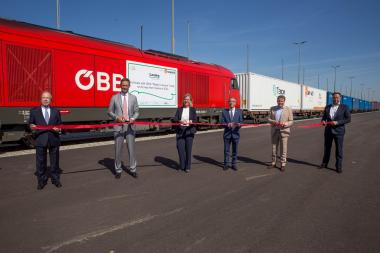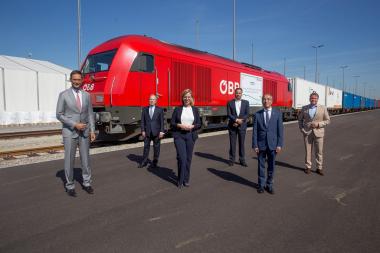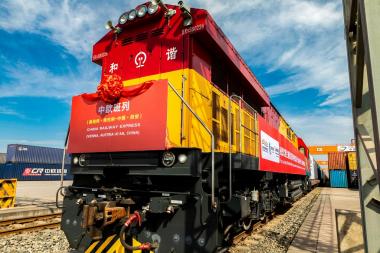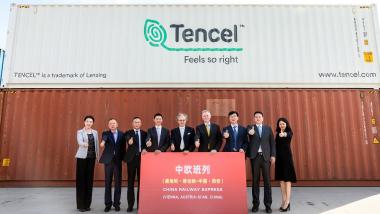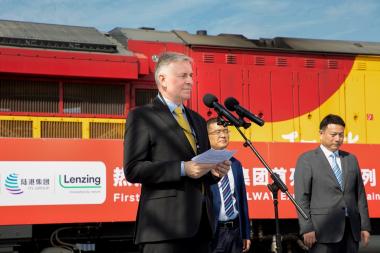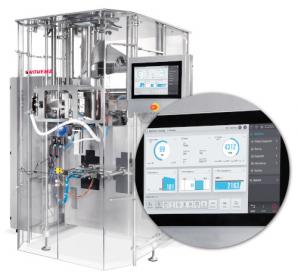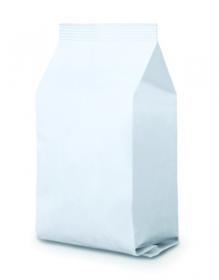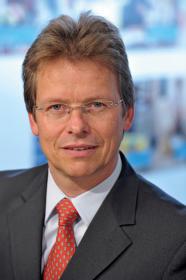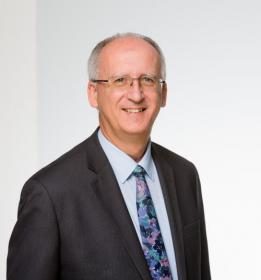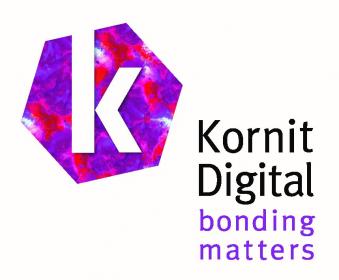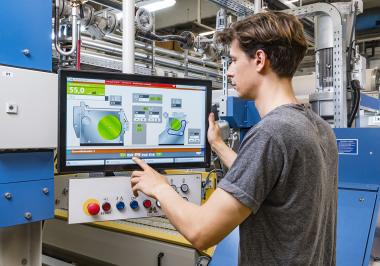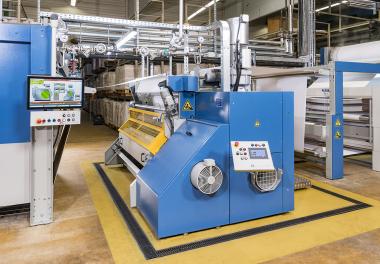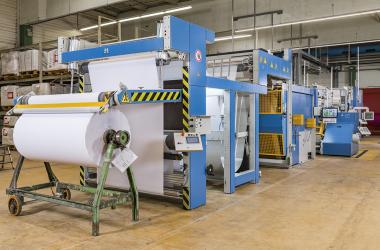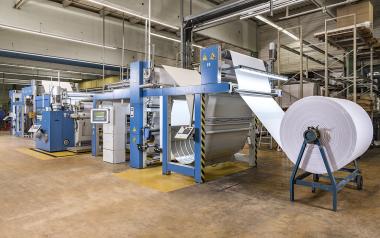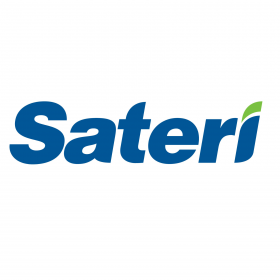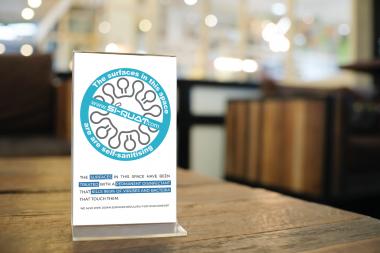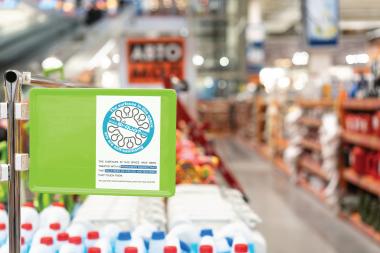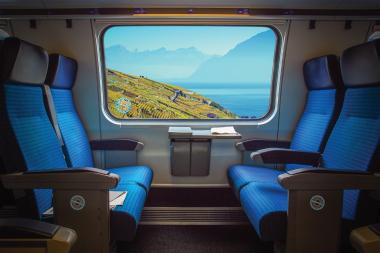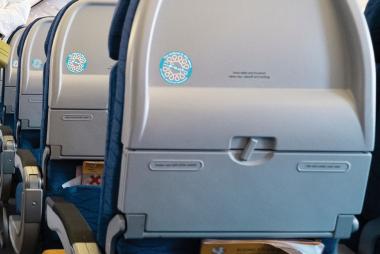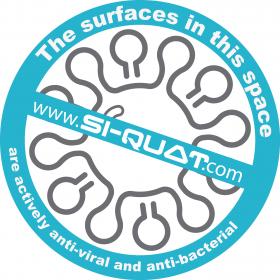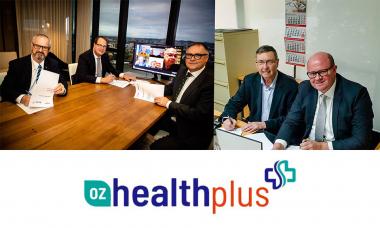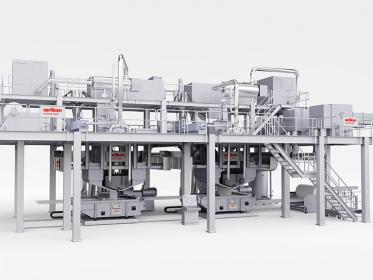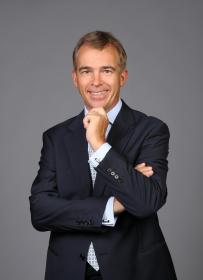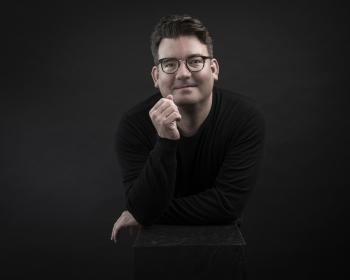Sappi - Platinum for sustainability
Sappi Europe received a platinum score in the latest EcoVadis rating. On of the leading global providers of sustainable woodfibre products and solutions retained its top position from the previous year among the leading one per cent of all companies assessed which exhibit high activity and responsibility with regard to corporate social responsibility (CSR).
- Sappi Europe receives top rating for sustainability
- Unlocking the power of renewable resources to benefit people, communities and the planet
As part of its clear strategic goals in relation to sustainability and environmental protection, Sappi reached a new milestone. A market leader in environmentally friendly packaging and graphic papers received a platinum score in this year’s sustainability rating from EcoVadis, establishing itself as one of the top performers, with a score well above the overall average. The EcoVadis rating covers a total of 21 criteria, which in turn are divided into four general areas: environment, labour and human rights, ethics and sustainable procurement.
Encouraging sustainable operations across the entire value chain have been a key part of Sappi’s corporate strategy for many years. Sappi’s entire business model and investments in research and development are based on the use of renewable materials. The environment management approach of the global company includes a variety of strategies designed to improve its ecological footprint. For 2025, Sappi has linked its sustainability targets to the United Nations’ Sustainable Development Goals. Sappi has long held principles based around People, Planet and Prosperity and with a heightened focus on seven of the SDG’s they believe they can deliver real impact and contribute to the global sustainable development agenda.
The platinum rating from EcoVadis demonstrates that Sappi not only talks about sustainability, but actively works towards ensuring it in a very practical way. The whole world is talking about sustainable solutions and looking for alternatives to fossil fuels. Sappi is focused on providing product solutions to the market. A few weeks ago, the market leader presented a number of solutions relating to functional paper packaging as part of its ‘Pro Planet Paper Packaging’ campaign to enable sustainable, high-quality packaging for food and non-food products.
Sappi Europe is extremely proud to have obtained the EcoVadis Platinum rating and while certification and recognition go a long way to helping our work we also acknowledge at Sappi Europe that we are part of a global community that need to continue to strive in all our business areas to create the change needed to help our customers become truly sustainable. The recyclable nature of products derived from woodfibre are essential to creating a more circular economy, where the world’s resources are kept in use longer and more creatively. By responsibly sourcing materials, reducing material waste and emissions , carefully considering product end-of-life, and aiming to use the full potential of trees, we actively promote more sustainable systems explains Sarah Price, Sappi Europe’s Sustainability Manager
Sappi Europe


